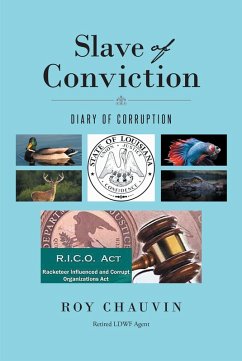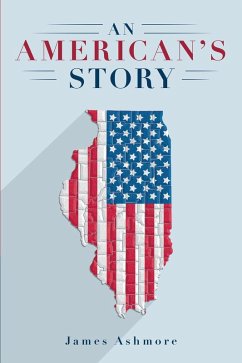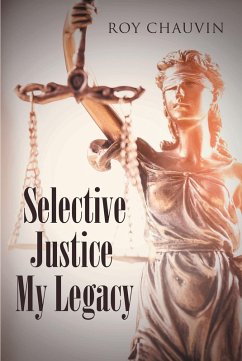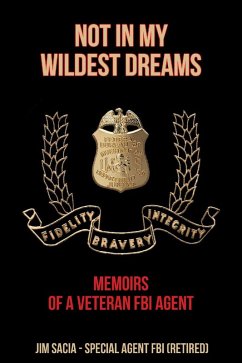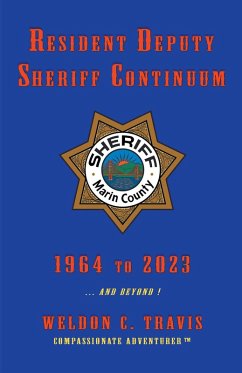Throughout life, most people have to struggle with making life's decisions. These decisions not only involve the individual making the decision but also his family and in some cases the public. The life of a law enforcement officer involves all three. This burden is often stressful taxing one's conscience to the breaking point. The individual has to rely on his family background and values instilled in him throughout his life. A strong faith and belief that all has to be fair and just is viewed as an idealistic approach that everyone strives toward in making decisions. To truly adopt this fairness honesty and justice philosophy in your life's decisions is extremely difficult in today's world. Many choose to prostitute their convictions for their jobs, money, status, and power rationalizing their decisions for personal gain, leaving humanity in ashes.
As a law enforcement officer, his daily decisions directly effects his fellow man. This burden is self-inflicted by the individual to do the right thing, or to go along with the good-old-boy attitude. The latter accomplishes nothing and is actually looked down upon by the honest public. The public truly wants a leader they can trust to carry out this honesty and justice philosophy; however, the public has no clue to the sacrifices that one has to make in order to achieve these goals. In order for one to fulfill his mission on striving for honesty and fairness, he has to become a slave of convictions. Thus, the partial title.
This title must be evaluated by the reader of the book on whether or not the main character in the book was, in fact, dedicated to his convictions. By infusing the diary of corruption into the book title poses to the reader a decision-making process in which he decides whether the diary is proof that corruption exist or all this is just the way it is and no one can change these practices. The actual diaries represent a compilation of daily entries into the diaries documenting the author's daily life. The author of this book does not seek the approval of his life's path but rather poses the question.
What would you do if you were in his shoes? Walk the walk and talk the talk or acquiesce because it is too costly.
Fairness. Honesty. Justice for all. I hope.
As a law enforcement officer, his daily decisions directly effects his fellow man. This burden is self-inflicted by the individual to do the right thing, or to go along with the good-old-boy attitude. The latter accomplishes nothing and is actually looked down upon by the honest public. The public truly wants a leader they can trust to carry out this honesty and justice philosophy; however, the public has no clue to the sacrifices that one has to make in order to achieve these goals. In order for one to fulfill his mission on striving for honesty and fairness, he has to become a slave of convictions. Thus, the partial title.
This title must be evaluated by the reader of the book on whether or not the main character in the book was, in fact, dedicated to his convictions. By infusing the diary of corruption into the book title poses to the reader a decision-making process in which he decides whether the diary is proof that corruption exist or all this is just the way it is and no one can change these practices. The actual diaries represent a compilation of daily entries into the diaries documenting the author's daily life. The author of this book does not seek the approval of his life's path but rather poses the question.
What would you do if you were in his shoes? Walk the walk and talk the talk or acquiesce because it is too costly.
Fairness. Honesty. Justice for all. I hope.
Dieser Download kann aus rechtlichen Gründen nur mit Rechnungsadresse in A, D ausgeliefert werden.

